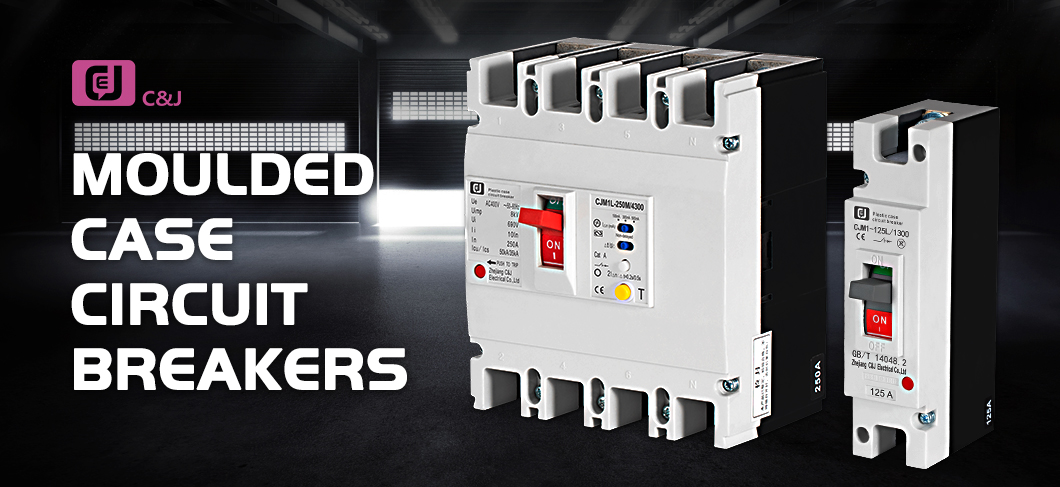introduce:
In electrical engineering, molded case circuit breakers (MCCBs) are key components in protecting electrical systems from overloads, short circuits and other forms of failure. MCCBs are commonly used in a variety of applications in residential, commercial and industrial settings to ensure the efficient and safe operation of electrical systems. In this article, we’ll explore the applications, features, and considerations of MCCBs.
Application of molded case circuit breaker:
MCCBs are used in a variety of applications including:
1. Industrial applications: MCCBs are commonly used in industrial applications to provide protection for electrical systems against overloads, short circuits, and other types of faults. These applications include manufacturing, oil and gas, mining and other industrial environments.
2. Commercial applications: Molded case circuit breakers are used in commercial applications, such as shopping malls, hotels, office buildings, etc., to ensure efficient and safe operation of electrical systems.
3. Residential applications: Molded case circuit breakers are used in residential applications to ensure the safety of house occupants. It is installed in distribution boxes to protect circuits from electrical faults.
Features of molded case circuit breakers:
1. Rated current: The rated current of molded case circuit breakers is different, ranging from a few amperes to several thousand amperes. This feature enables it to be used in various applications.
2. Tripping characteristic: The molded case circuit breaker has a tripping characteristic, which ensures that the circuit trips in the event of an electrical fault to prevent further damage. The trip characteristic can be thermal or magnetic.
3. High breaking capacity: Molded case circuit breaker has high breaking capacity and can withstand large fault current without breakdown. This feature ensures that the circuit is protected from damage.
4. Selectivity: The molded case circuit breaker provides selectivity for the electrical system, that is, only the molded case circuit breaker closest to the fault trips, while other circuits in the electrical system are not affected.
Precautions for choosing molded case circuit breakers:
1. Rated current: When selecting a molded case circuit breaker, the rated current of the electrical system must be determined to ensure that the molded case circuit breaker can withstand the current without tripping.
2. Type of failure: The type of failure that the MCCB is designed to protect against is a fundamental consideration when selecting an MCCB. For example, some MCCBs are designed to protect against thermal failures, while others are designed to protect against magnetic failures.
3. Ambient temperature: The ambient temperature of the environment where the molded case circuit breaker is located is also an essential consideration. The MCCB has a temperature rating and it may not function properly if the ambient temperature exceeds the rating of the MCCB.
In summary: The MCCB is an important component in an electrical system as it provides protection against electrical faults. It has different rated currents, tripping characteristics and breaking capacity, so it is suitable for different applications. When selecting an MCCB, current rating, fault type, and ambient temperature must be considered to ensure proper operation.
Post time: Apr-28-2023


